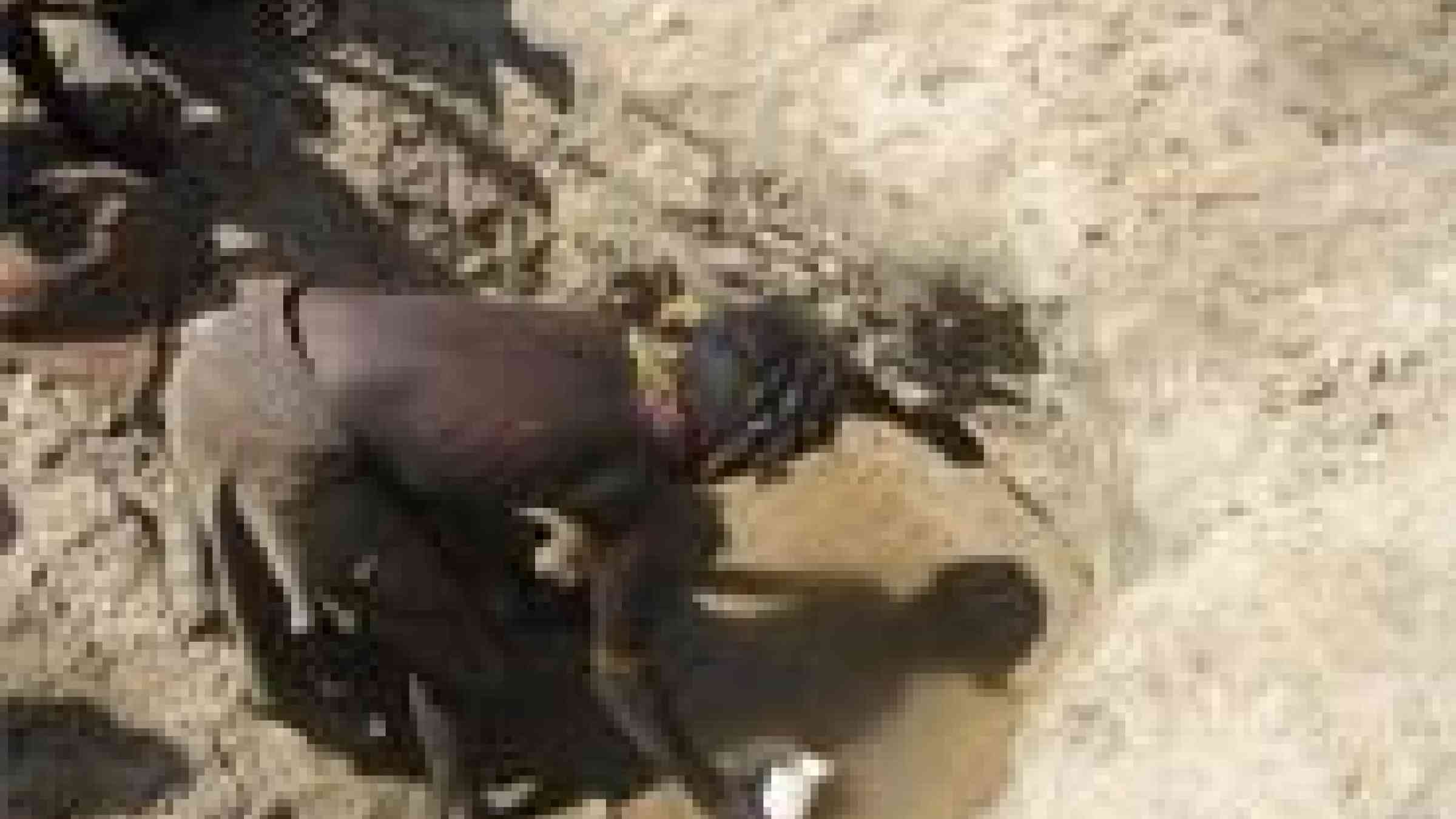Please help us improve PreventionWeb by taking this brief survey. Your input will allow us to better serve the needs of the DRR community.
Coping with drought in East Africa: Project launched to prevent recurring crises

Photo by © Order of Malta http://www.orderofmalta.int/wp-content/uploads/2012/07/Kenya-drought-MI…
The Order of Malta begins a three-year initiative to enable nomadic communities stricken by food crisis to prepare for future droughts
One year after responding to a devastating drought followed by a major food crisis in the Horn of Africa, Malteser International, the Order of Malta’s worldwide humanitarian relief agency, is working to prevent future water and food crises in northern Kenya by helping residents prepare for future droughts.
“Now we are starting the next phase of our drought intervention in East Africa”, explains Ingo Radtke, Malteser International’s Secretary General. “Herders will learn how to collect rainwater for drinking, and so make do with the little natural resources they have – when the next drought comes, they will be better prepared”.
A long-term recovery project will benefit around 15,000 semi-nomads living near Illeret, located on the shore of Lake Turkana and only a few kilometres away from the Ethiopian border. “This very sparsely populated region is one of the poorest and most neglected in Kenya, and it is constantly being affected by very severe droughts”, reports Katja Horstmann, Kenya specialist at Malteser International. “The water from Lake Turkana is very alkaline, which makes it unsafe for drinking.” Most of the population in the region belongs to the Daasanach, a pastoralist tribe.
Starting on 1st August, the initial phase of the project will focus on water supply and hygiene. Over a period of three years, Malteser International will help the population harvest rainwater and teach them how to improve and maintain their water sources to ensure their drinking water is safe. In addition, the teams will conduct hygiene awareness campaigns in schools.
Explore further
Please note: Content is displayed as last posted by a PreventionWeb community member or editor. The views expressed therein are not necessarily those of UNDRR, PreventionWeb, or its sponsors. See our terms of use
Is this page useful?
Yes No Report an issue on this pageThank you. If you have 2 minutes, we would benefit from additional feedback (link opens in a new window).